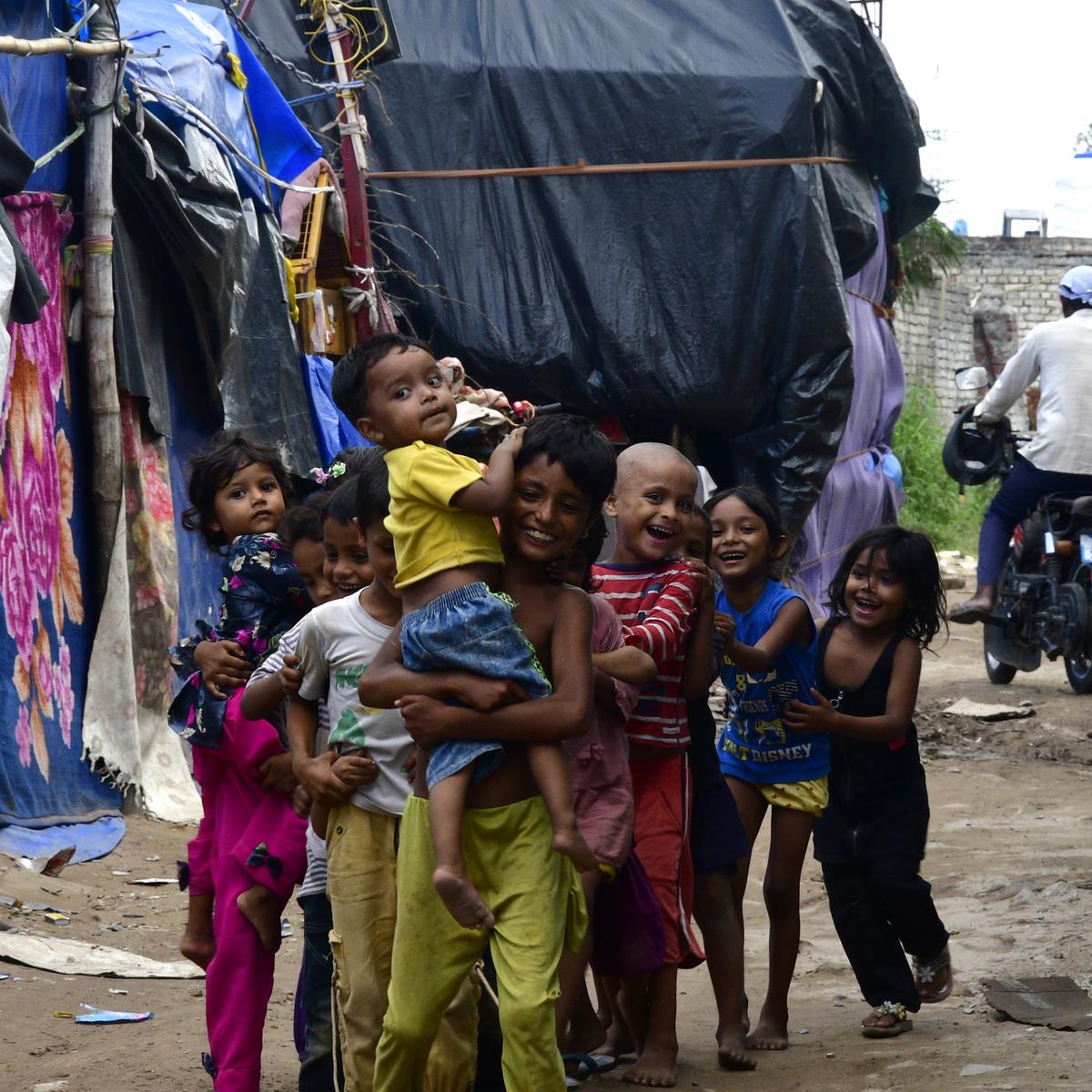
INDIA'S ROHINGYA REFUGEE CHILDREN ARE NOT CRIMINALS
CURRENT AFFAIRS FOR 28TH AUGUST, 2023
INDIA'S ROHINGYA REFUGEE CHILDREN ARE NOT CRIMINALS
In news?
A five-month old infant born to a Rohingya refugee died in a detention or holding center in Jammu in July. The police, admittedly, had tear gassed the space.
• August 25 marked six years since the Myanmar military launched a campaign of mass atrocities against the Rohingya in Rakhine state.
These genocidal attacks, which began in 2017, caused more than 7,70,000 Rohingya to flee. Atleast 20,000 of them are in India.
Most of the refugees in the above mentioned Jammu center have UNCHR cards that validate their identity as 'a refugee seeking safety' .
• India does not have a domestic law or consistent policy on refugees and asylum seekers.
• India is not signatory to the 1951 Refugee Convention and its 1967 Protocol.
• Refugees are seen as illegal immigrants and included with other foreigners under the Foreigners Act, 1946. The Act provides for unchecked executive powers against foreigners and contains no exceptions for vulnerable populations such as asylum seekers.
This means that despite UNHCR recognition, registered refugees in India are at the risk of administrative detention under the said Act.
• Article 6 of the UN Convention on the Rights of Child (CRC) states that every child has an inherent right to life, survival and development.
• India ratified the CRC in December 1992. Hence, holding children in detention facilities, denying them the freedom to access education or any other liberty in violation of this.
• India's Juvenile Justice (Care and Protection of Children) Act, 2015 is for children who are in conflict with the law.
•India hosts approximately 250,000 refugees and asylum-seekers
• UN High Commissioner for Refugees- the UN Refugee Agency, is a global organization dedicated to saving lives, protecting rights and building a better future for people forced to flee their homes because of conflict and persecution.
• UNHCR was established by the General Assembly of the United Nations in 1950 in the aftermath of the Second World War.
• The 1951 Refugee Convention and its 1967 Protocol are the key legal documents that form the basis of UNHCR’s work.
•They define the term 'refugee' and outline their rights and the international standards of treatment for their protection.
